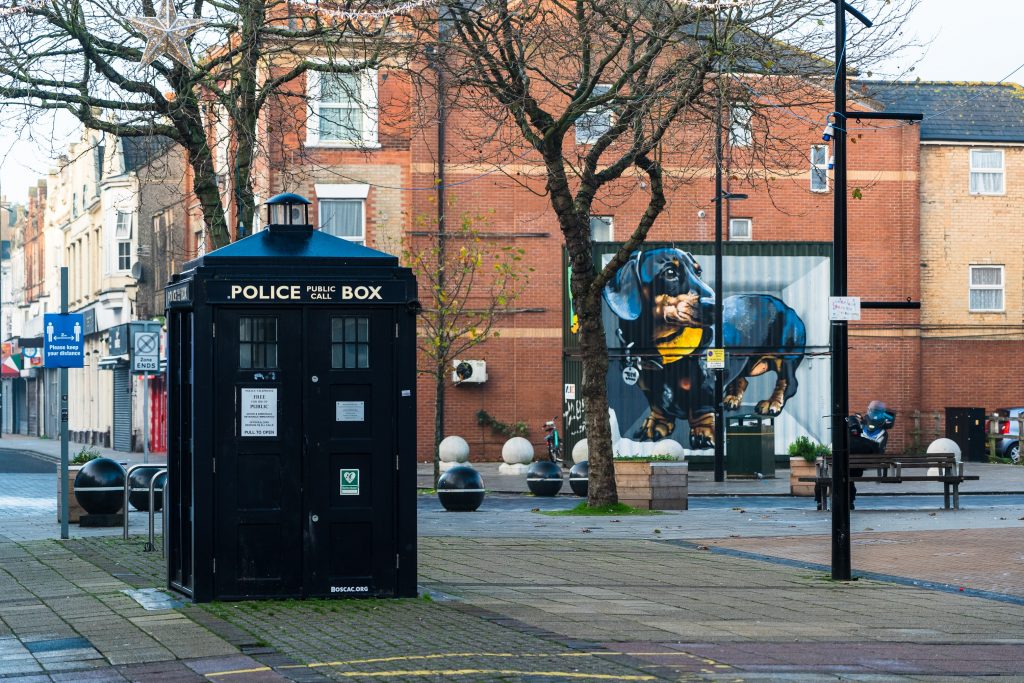Thousands of UK police working away from frontline crime amid funding crisis

Police forces are still being damaged by government cuts, with 6,000 officers having to work away from frontline crime fighting to fill gaps caused by a funding crisis, police chiefs have said.
Gavin Stephens, the chair of the National Police Chiefs’ Council, said police were cutting crime but faced severe funding pressures and a £3.2bn cash shortfall.
The Conservative-led government slashed police budgets from 2010, leading to a reduction of 20,000 officers. It then reversed course after a 2019 manifesto commitment and recruited the same number lost, under a programme known as the police uplift.
Asked if policing had recovered from austerity, Stephens replied: “Not yet.”
The leader of Britain’s police chiefs added: “The reason that we haven’t fully recovered is because when you look at the underlying financial resilience, it’s difficult.
“[There’s been] a £1bn increase in borrowing, because we don’t get any capital grant to invest in our infrastructure, a £1bn reduction in reserves and £1.2bn still to make in savings. Those savings are predominantly going to come from police staff colleagues. So a £3.2bn cash deficit. That’s what would get us a stable service today.”
Unlike officers, police staff – which include police community support officers, forensic experts and administrative workers among others – can be made redundant and have borne the brunt of the squeeze.
Stephens said the equivalent of 6,000 of the 20,000 new officers were doing roles usually or better performed by police staff, and thus not on the streets.
He said: “We’re not getting the full effect of uplift. Effectively, the pain of the budgetary pressures are felt by police staff. So hence the fact that we’ve got 4,000 staff vacancies and we’ve got 6,000 police officers that are in roles that should be done by police staff.”
The NPCC chair said overall officer numbers were up 2.5% compared with 2010, but reported crimes had increased considerably more, the nature of crime had changed and demands on policing were higher.
Stephens said that since 2020, when the uplift programme started, 46,000 new officers had been recruited, some to replace those lost by government cuts and some to replace retired staff. As a result, experience had been lost among police ranks, including skills vital to modern crime fighting such as digital forensics.
He said: “It’s changed because we’ve lost experience. And in the police staff that we lose often there’s considerable operational experience.”
At 6%, the crime clear-up rate – those suspects charged or cautioned – was too low, Stephens said, and too often the criminal justice system was failing victims. “Collectively, we’re not getting enough justice for enough victims,” he said.
The NPCC chair said the need for reforms was urgent and he backed calls for a royal commission on the criminal justice system, which was promised in the Conservatives’ 2019 election-winning manifesto, but never delivered.
The NPCC chair said scandals that had plagued policing in recent years had damaged confidence and the problems extended to every force, not just the Metropolitan police in London. But he said surveys showed a strong sense of ethics and public service among the majority of officers.
Crime and policing are likely to be hotly debated issues in the upcoming general election, which must be held in or before January 2025.
A home office spokesperson said: “Since 2010, violent crime has fallen by 52% and neighbourhood crime by 50%, and we are providing more support than ever before for policing. A record number of police officers, including a record number on the frontline, means more police working in public protection, in local policing and in crime investigations.
“This is backed by a 30.7% rise in cash terms in the last three years and over half a billion pounds is going towards supporting forces in giving their officers the 7% pay increase they deserve.”
Source: (The Guardian)

